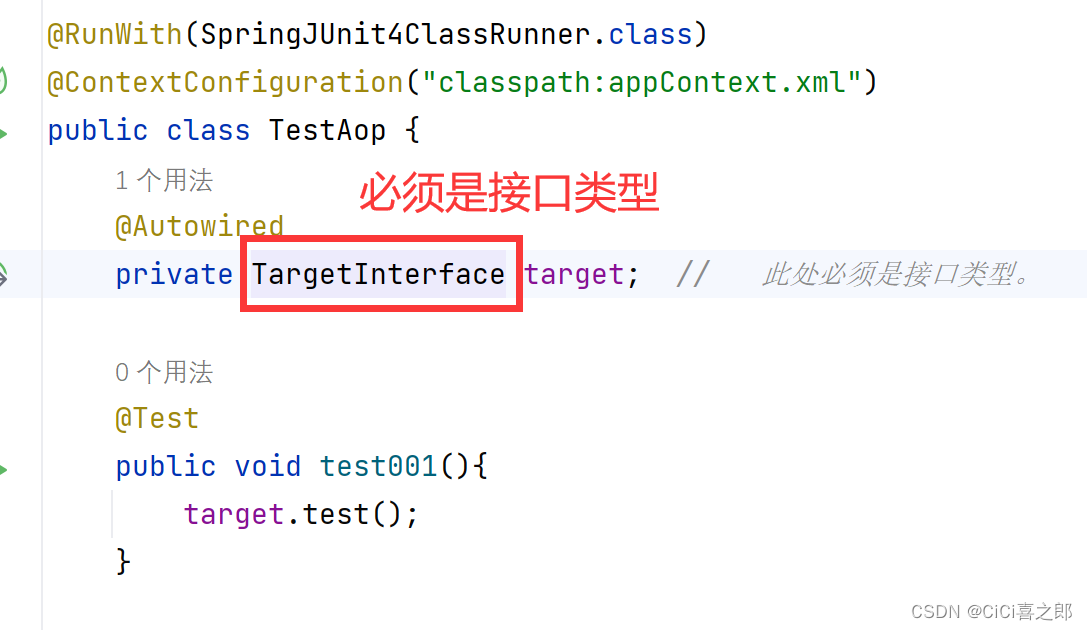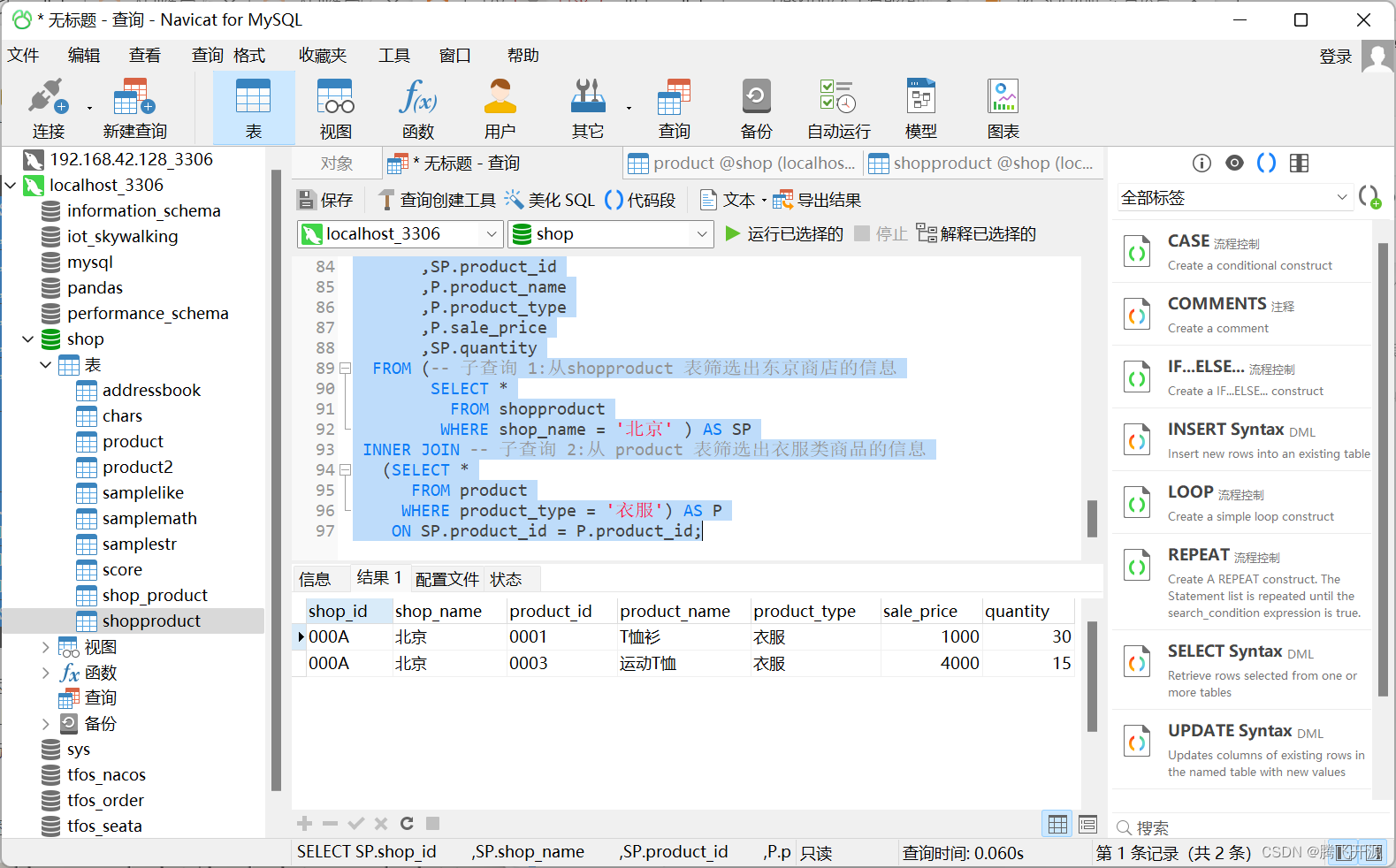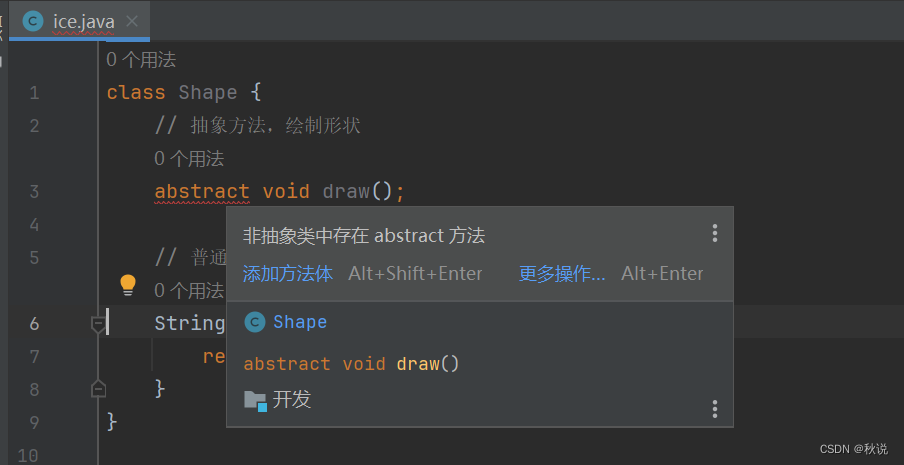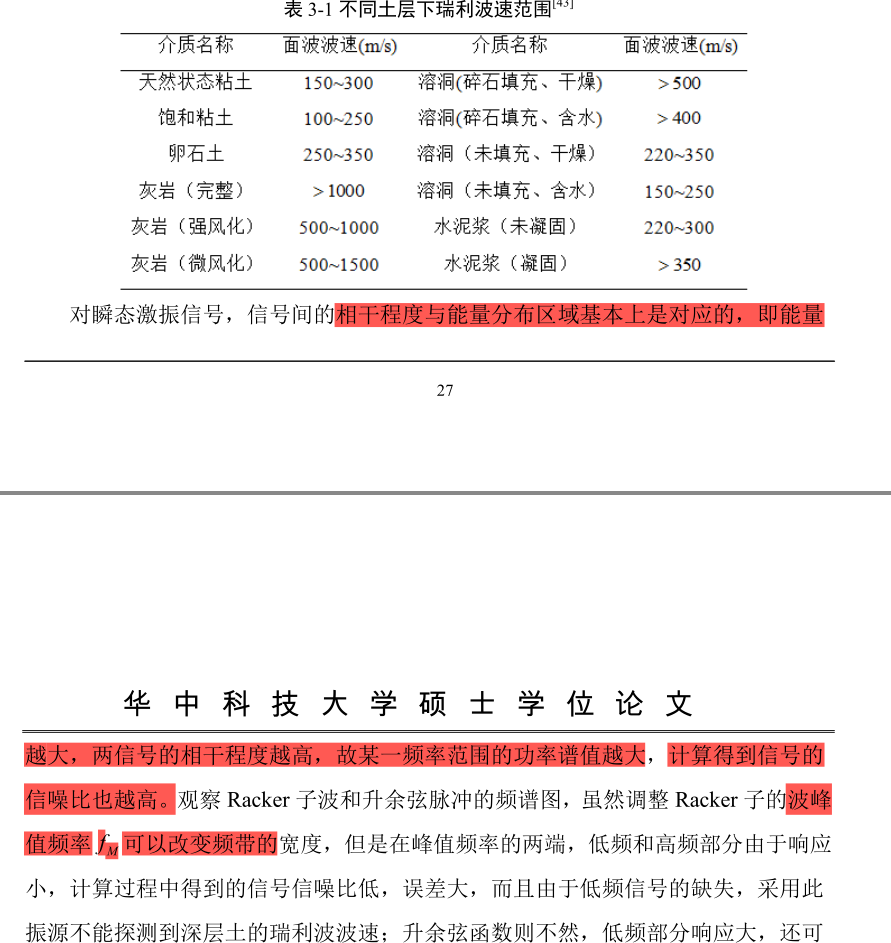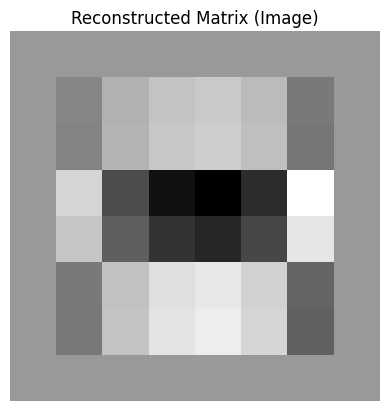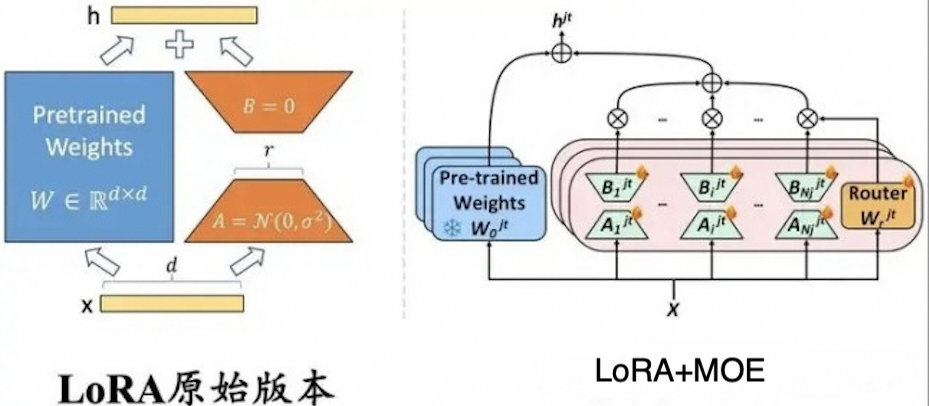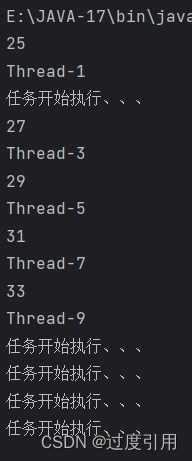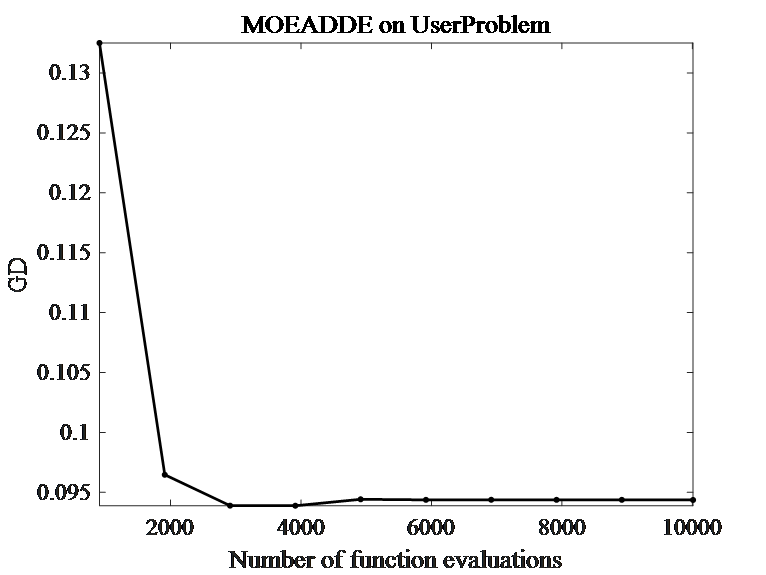底层哈希结构
namespace hash_bucket
{
template<class T>
struct HashData
{
T _data;
struct HashData* next = nullptr;
HashData(const T& data)
:_data(data)
{}
};
//仿函数:这里直接用开散列仿函数
template <class K>
struct HashFunc
{
size_t operator()(const K& key)
{
return (size_t)key;
}
};
template <>
struct HashFunc<string>//特化
{
size_t operator()(const string& key)
{
size_t res = 0;
for (auto e : key)
{
res *= 131;
res += e;
}
return res;
}
};
//迭代器
//前置声明
template<class K, class T, class Hash, class KeyOfT>
class HashTable;
template<class K, class T, class Hash, class KeyOfT>
struct _HashTableIterator
{
typedef HashData<T> Node;
typedef HashTable<K, T, Hash, KeyOfT> Ht;
typedef _HashTableIterator<K, T, Hash, KeyOfT> Self;
Node* _node;
Ht* _pht;
_HashTableIterator(Node* node,Ht* pht)
:_node(node)
,_pht(pht){}
T& operator*()
{
return _node->_data;
}
T* operator->()
{
return &_node->_data;
}
Self& operator++()
{
if (_node->next)
{
//当前桶
_node = _node->next;
}
else
{
//下一个桶
KeyOfT kot;
Hash hash;
size_t i = hash(kot(_node->_data)) % _pht->_size;
for (++i; i < _pht->_tables.size(); i++)
{
if (_pht->_tables[i])
{
_node = _pht->_tables[i];
if(node)
break;
}
}
if (i == _pht->_tables.size())
{
_node = nullptr;
}
}
return *this;
}
bool operator!=(Self& s)const
{
return s._node != _node;
}
bool operator==(Self& s)const
{
return !operator!=(s);
}
};
template<class K, class T, class Hash, class KeyOfT>
class HashTable
{
typedef HashData<T> Node;
typedef _HashTableIterator<K, T, Hash, KeyOfT> iterator;
public:
iterator begin()
{
for (size_t i = 0; i < _tables.size(); i++)
{
if (_tables[i] != nullptr)
return iterator(_tables[i], this);
}
return end();
}
iterator end()
{
return iterator(nullptr, this);
}
public:
HashTable()
:_size(0)
,_tables(10, nullptr)
{}
~HashTable()//这里的析构函数得自己添加,否则只会析构哈希表,导致节点数据没有被释放
{
//这里的操作和底下的打印有点像
for (size_t i = 0; i < _tables.size(); i++)
{
Node* cur = _tables[i];
while (cur)
{
Node* next = cur->next;
delete cur;
cur = next;
}
_tables[i] = nullptr;
}
}
bool Insert(const T& data)
{
Hash hash;
KeyOfT kot;
if (Find(kot(data)))
return false;
//负载因子到 1 就扩容
if (_size == _tables.size())//扩容
{
size_t newSize = _tables.size() * 2;
vector<Node*> newTables(newSize, nullptr);
size_t hashi = 0;
for (size_t i = 0; i < _tables.size(); i++)
{
Node* cur = _tables[i];
while (cur)
{
Node* next = cur->next;
hashi = hash(kot(cur->_data)) % newTables.size();
cur->next = newTables[hashi];
newTables[hashi] = cur;
cur = next;
}
_tables[i] = nullptr;
}
_tables.swap(newTables);
}
size_t hashi = hash(kot(data)) % _tables.size();
//头插
Node* old = _tables[hashi];
_tables[hashi] = new Node(data);
_tables[hashi]->next = old;
_size++;
return true;
}
Node* Find(const K& key)
{
if (_size == 0)
return nullptr;
Hash hash;
KeyOfT kot;
size_t hashi = hash(key) % _tables.size();
Node* cur = nullptr;
for (size_t i = 0; i < _tables.size(); i++)
{
cur = _tables[i];
while (cur)
{
if (kot(cur->_data) == key)
{
return cur;
}
cur = cur->next;
}
}
return nullptr;
}
void Print()
{
KeyOfT kot;
for (size_t i = 0; i < _tables.size(); i++)
{
Node* cur = _tables[i];
while (cur)
{
cout << "[" << kot(cur->_data) << ": " << kot(cur->_data) << "]-->";
cur = cur->next;
}
}
cout << endl;
}
bool Erase(const K& key)
{
Hash hash;
KeyOfT kot;
size_t hashi = hash(key) % _tables.size();
Node* cur = _tables[hashi];
Node* prev = nullptr;
while (cur)
{
if (kot(cur->_data) == key)
{
if (prev)
{
prev->next = cur->next;
}
else
{
_tables[hashi] = cur->next;
}
delete cur;
cur = nullptr;
return true;
}
else
{
prev = cur;
cur = cur->next;
}
}
return false;
}
size_t size()
{
return _size;
}
private:
size_t _size = 0;//有效数据个数
vector<Node*> _tables;
};
}
unordered_set
namespace hash_bucket
{
template<class K, class Hash = HashFunc<K>>
class unordered_set
{
struct SetKeyOfT
{
const K& operator()(const K& key)
{
return key;
}
};
private:
HashTable<K, K,Hash,SetKeyOfT> _ht;
public:
typedef typename HashTable<K, K, Hash, SetKeyOfT> ::iterator iterator;
iterator begin()
{
return _ht.begin();
}
iterator end()
{
return _ht.end();
}
bool insert(const K& Node)
{
return _ht.Insert(Node);
}
};
void unorderedset_test1()
{
unordered_set<int> s;
s.insert(2);
s.insert(4);
s.insert(9);
s.insert(1);
s.insert(2);
s.insert(3);
for (auto e : s)
{
cout << e << " ";
}
}
}
unordered_map
namespace hash_bucket
{
template<class K,class V, class Hash = HashFunc<K>>
class unordered_map
{
struct MapKeyOfT
{
const K& operator()(const pair<K, V>& key)
{
return key.first;
}
};
private:
HashTable<K, pair<K, V>, Hash, MapKeyOfT> _ht;
public:
typedef typename HashTable<K, pair<K, V>, Hash, MapKeyOfT>::iterator iterator;
iterator begin()
{
return _ht.begin();
}
iterator end()
{
return _ht.end();
}
bool insert(const pair<K, V>& Node)
{
return _ht.Insert(Node);
}
};
void unorderedmap_test1()
{
unordered_map<string, string> dict;
dict.insert(make_pair("insert", "插入"));
dict.insert(make_pair("sort" , "排序"));
dict.insert(make_pair("delete", "删除"));
dict.insert(make_pair("string", "字符串"));
dict.insert(make_pair("iterator", "迭代器"));
unordered_map<string, string>::iterator umit = dict.begin();
//while (umit != dict.end())
//{
// cout << umit->first << ":" << umit->second << endl;
// ++umit;
//}
//cout << endl;
}
}
此时编译:
 报错!
报错!
HashTable和其迭代器互相调用
从逻辑上讲,HashTable应该给迭代器开放权限,如下设置一个友元类即可
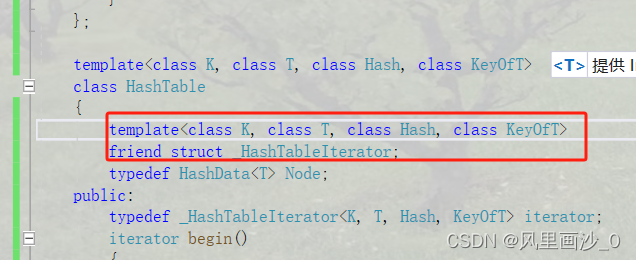
因为是模板故必须带参数。
经检测,以上代码有个小bug,可能会导致数据打印时无法跳出迭代器,形成死循环打印;
提示:错误点在该段代码中
Self& operator++()
{
if (_node->next)
{
//当前桶
_node = _node->next;
}
else
{
//下一个桶
KeyOfT kot;
Hash hash;
size_t i = hash(kot(_node->_data)) % _pht->_size;
for (++i; i < _pht->_tables.size(); i++)
{
if (_pht->_tables[i])
{
_node = _pht->_tables[i];
if(node)
break;
}
}
if (i == _pht->_tables.size())
{
_node = nullptr;
}
}
return *this;
}

在这里我们是不是应该对哈希表的大小取模,而不是对现在的有效数据个数取模
size_t i = hash(kot(_node->_data)) % _pht->_tables.size();
完整代码
代码实现标准化,实现[ ]重载
#pragma once
#include "hash.h"
namespace hash_bucket
{
template<class K, class Hash = HashFunc<K>>
class unordered_set
{
struct SetKeyOfT
{
const K& operator()(const K& key)
{
return key;
}
};
private:
HashTable<K, K,Hash,SetKeyOfT> _ht;
public:
typedef typename HashTable<K, K, Hash, SetKeyOfT> ::iterator iterator;
iterator begin()
{
return _ht.begin();
}
iterator end()
{
return _ht.end();
}
pair<iterator, bool> insert(const K& Node)
{
return _ht.Insert(Node);
}
};
void unorderedset_test1()
{
unordered_set<int> s;
s.insert(2);
s.insert(4);
s.insert(9);
s.insert(1);
s.insert(2);
s.insert(3);
for (auto e : s)
{
cout << e << " ";
}
}
}
#pragma once
#include "hash.h"
namespace hash_bucket
{
template<class K,class V, class Hash = HashFunc<K>>
class unordered_map
{
struct MapKeyOfT
{
const K& operator()(const pair<K, V>& key)
{
return key.first;
}
};
private:
HashTable<K, pair<K, V>, Hash, MapKeyOfT> _ht;
public:
typedef typename HashTable<K, pair<K, V>, Hash, MapKeyOfT>::iterator iterator;
iterator begin()
{
return _ht.begin();
}
iterator end()
{
return _ht.end();
}
pair<iterator,bool> insert(const pair<K, V>& Node)
{
return _ht.Insert(Node);
}
V& operator[](const K& key)
{
pair<iterator, bool> ret = insert(make_pair(key, V()));
return ret.first->second;
}
};
void unorderedmap_test1()
{
unordered_map<string, string> dict;
dict.insert(make_pair("insert", "插入"));
dict.insert(make_pair("sort" , "排序"));
dict.insert(make_pair("delete", "删除"));
dict.insert(make_pair("string", "字符串"));
dict.insert(make_pair("iterator", "迭代器"));
unordered_map<string, string>::iterator umit = dict.begin();
while (umit != dict.end())
{
cout << umit->first << ":" << umit->second << endl;
++umit;
}
cout << endl;
}
void unorderedmap_test2()
{
string arr[] = { "梨子","苹果","猕猴桃","桃" ,"梨子","苹果", "猕猴桃","猕猴桃","猕猴桃","梨子","猕猴桃" };
unordered_map<string, int> countMap;
for (const auto& str : arr)
{
countMap[str]++;
}
unordered_map<string, int>::iterator it = countMap.begin();
while (it != countMap.end())
{
cout << (*it).first << ":" << (*it).second << endl;
++it;
}
cout << endl << endl;
for (auto e : countMap)
{
cout << e.first << ":" << e.second << endl;
}
cout << endl;
}
}
namespace hash_bucket
{
template<class T>
struct HashData
{
T _data;
struct HashData* next = nullptr;
HashData(const T& data)
:_data(data)
{}
};
//仿函数:这里直接用开散列仿函数
template <class K>
struct HashFunc
{
size_t operator()(const K& key)
{
return (size_t)key;
}
};
template <>
struct HashFunc<string>//特化
{
size_t operator()(const string& key)
{
size_t res = 0;
for (auto e : key)
{
res *= 131;
res += e;
}
return res;
}
};
//迭代器
//前置声明
template<class K, class T, class Hash, class KeyOfT>
class HashTable;
template<class K, class T, class Hash, class KeyOfT>
struct _HashTableIterator
{
typedef HashData<T> Node;
typedef HashTable<K, T, Hash, KeyOfT> Ht;
typedef _HashTableIterator<K, T, Hash, KeyOfT> Self;
Node* _node;
Ht* _pht;
_HashTableIterator(Node* node,Ht* pht)
:_node(node)
,_pht(pht){}
T& operator*()
{
return _node->_data;
}
T* operator->()
{
return &_node->_data;
}
Self& operator++()
{
if (_node->next)
{
//当前桶
_node = _node->next;
}
else
{
//下一个桶
KeyOfT kot;
Hash hash;
size_t i = hash(kot(_node->_data)) % _pht->_tables.size();
for (++i; i < _pht->_tables.size(); i++)
{
if (_pht->_tables[i])
{
_node = _pht->_tables[i];
if (_node)
{
break;
}
}
}
if (i == _pht->_tables.size())
{
_node = nullptr;
}
}
return *this;
}
Self& operator++(int)
{
Self tmp = this;
if (_node->next)
{
//当前桶
_node = _node->next;
}
else
{
//下一个桶
KeyOfT kot;
Hash hash;
size_t i = hash(kot(_node->_data)) % _pht->size();
for (++i; i < _pht->_tables.size(); i++)
{
if (_pht->_tables[i])
{
_node = _pht->_tables[i];
break;
}
}
if (i == _pht->_tables.size())
{
_node = nullptr;
}
}
return tmp;
}
bool operator!=(const Self& s) const
{
return s._node != _node;
}
bool operator==(const Self& s) const
{
return s._node == _node;
}
};
template<class K, class T, class Hash, class KeyOfT>
class HashTable
{
template<class K, class T, class Hash, class KeyOfT>
friend struct _HashTableIterator;
typedef HashData<T> Node;
public:
typedef _HashTableIterator<K, T, Hash, KeyOfT> iterator;
iterator begin()
{
for (size_t i = 0; i < _tables.size(); i++)
{
if (_tables[i] != nullptr)
return iterator(_tables[i], this);
}
return end();
}
iterator end()
{
return iterator(nullptr, this);
}
public:
HashTable()
:_size(0)
,_tables(10, nullptr)
{}
~HashTable()//这里的析构函数得自己添加,否则只会析构哈希表,导致节点数据没有被释放
{
//这里的操作和底下的打印有点像
for (size_t i = 0; i < _tables.size(); i++)
{
Node* cur = _tables[i];
while (cur)
{
Node* next = cur->next;
delete cur;
cur = next;
}
_tables[i] = nullptr;
}
}
pair<iterator,bool> Insert(const T& data)
{
Hash hash;
KeyOfT kot;
iterator ret = Find(kot(data));
if (ret != end())
return make_pair(ret, false);
//负载因子到 1 就扩容
if (_size == _tables.size())//扩容
{
size_t newSize = _tables.size() * 2;
vector<Node*> newTables(newSize, nullptr);
//这里为了减少调用,不像开散列那样采用复用insert的形式,而是直接将原表中的节点拿下来直接用
//而且复用insert的时候会涉及空间的申请释放问题(申请新节点,将旧节点的值给新节点,然后释放新旧结点)
size_t hashi = 0;
//旧表数据移到新表
//特别注意:一个一个数据移动,不可一串一串移动,那样的话会造成映射位置错误,最后使其数据不能被正常找到
for (size_t i = 0; i < _tables.size(); i++)
{
Node* cur = _tables[i];
while (cur)
{
Node* next = cur->next;
hashi = hash(kot(cur->_data)) % newTables.size();
cur->next = newTables[hashi];
newTables[hashi] = cur;
cur = next;
}
_tables[i] = nullptr;
}
_tables.swap(newTables);
}
size_t hashi = hash(kot(data)) % _tables.size();
//头插
Node* old = _tables[hashi];
_tables[hashi] = new Node(data);
_tables[hashi]->next = old;
_size++;
return make_pair(iterator(_tables[hashi], this), true);
}
iterator Find(const K& key)
{
if (_size == 0)
return iterator(nullptr, this);
Hash hash;
KeyOfT kot;
size_t hashi = hash(key) % _tables.size();
Node* cur = nullptr;
for (size_t i = 0; i < _tables.size(); i++)
{
cur = _tables[i];
while (cur)
{
if (kot(cur->_data) == key)
{
return iterator(cur, this);
}
cur = cur->next;
}
}
return end();
}
void Print()
{
KeyOfT kot;
for (size_t i = 0; i < _tables.size(); i++)
{
Node* cur = _tables[i];
while (cur)
{
cout << "[" << kot(cur->_data) << ": " << kot(cur->_data) << "]-->";
cur = cur->next;
}
}
cout << endl;
}
bool Erase(const K& key)
{
Hash hash;
KeyOfT kot;
size_t hashi = hash(key) % _tables.size();
Node* cur = _tables[hashi];
Node* prev = nullptr;
while (cur)
{
if (kot(cur->_data) == key)
{
if (prev)
{
prev->next = cur->next;
}
else
{
_tables[hashi] = cur->next;
}
delete cur;
cur = nullptr;
return true;
}
else
{
prev = cur;
cur = cur->next;
}
}
return false;
}
size_t size()
{
return _size;
}
private:
size_t _size = 0;//有效数据个数
vector<Node*> _tables;
};
}





